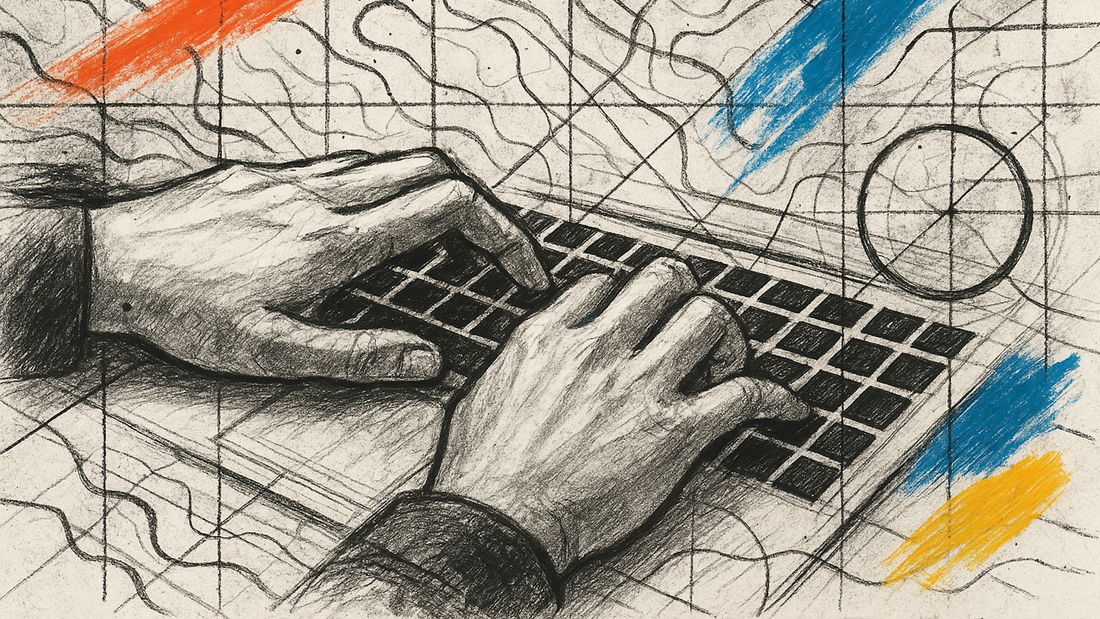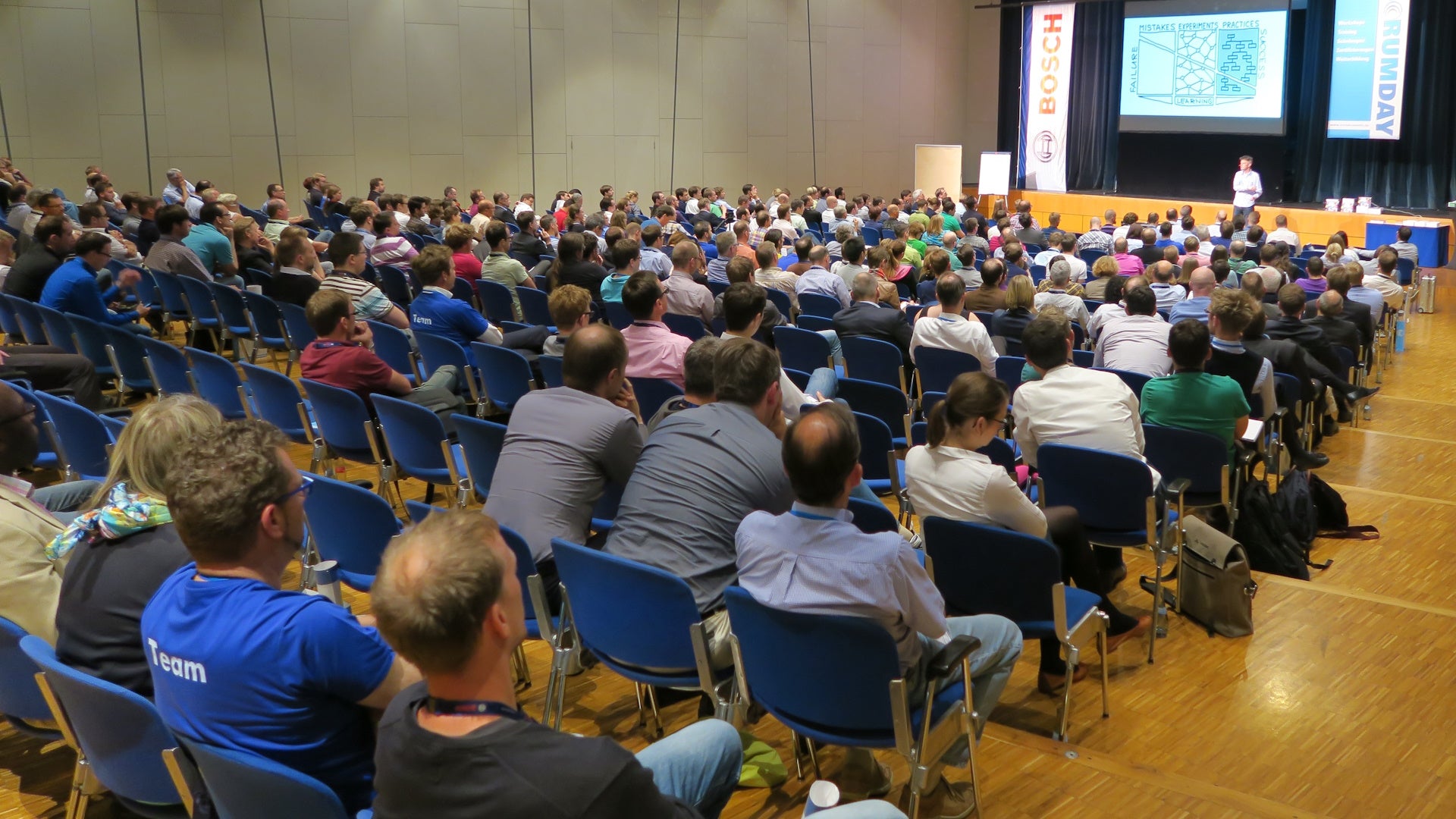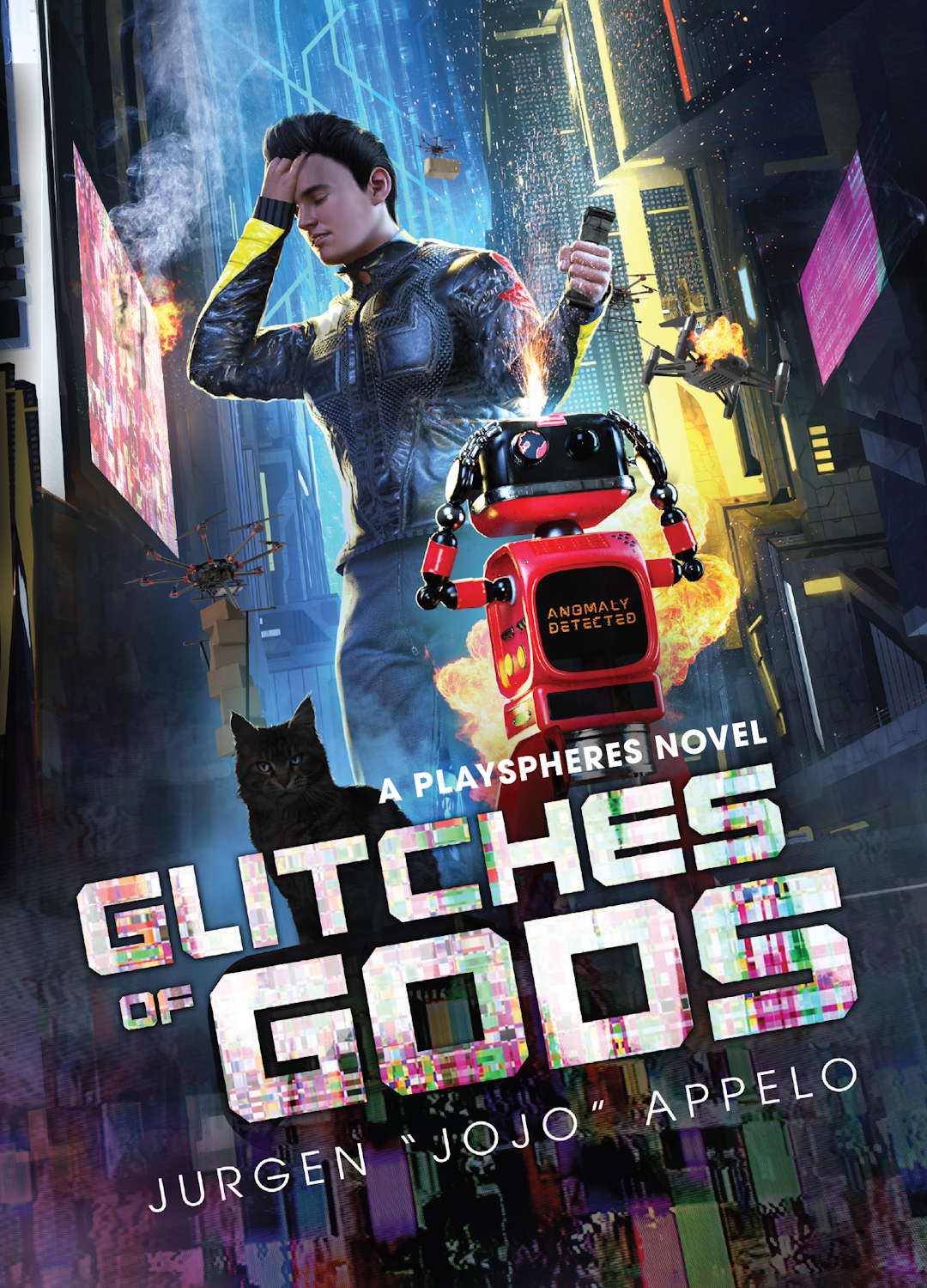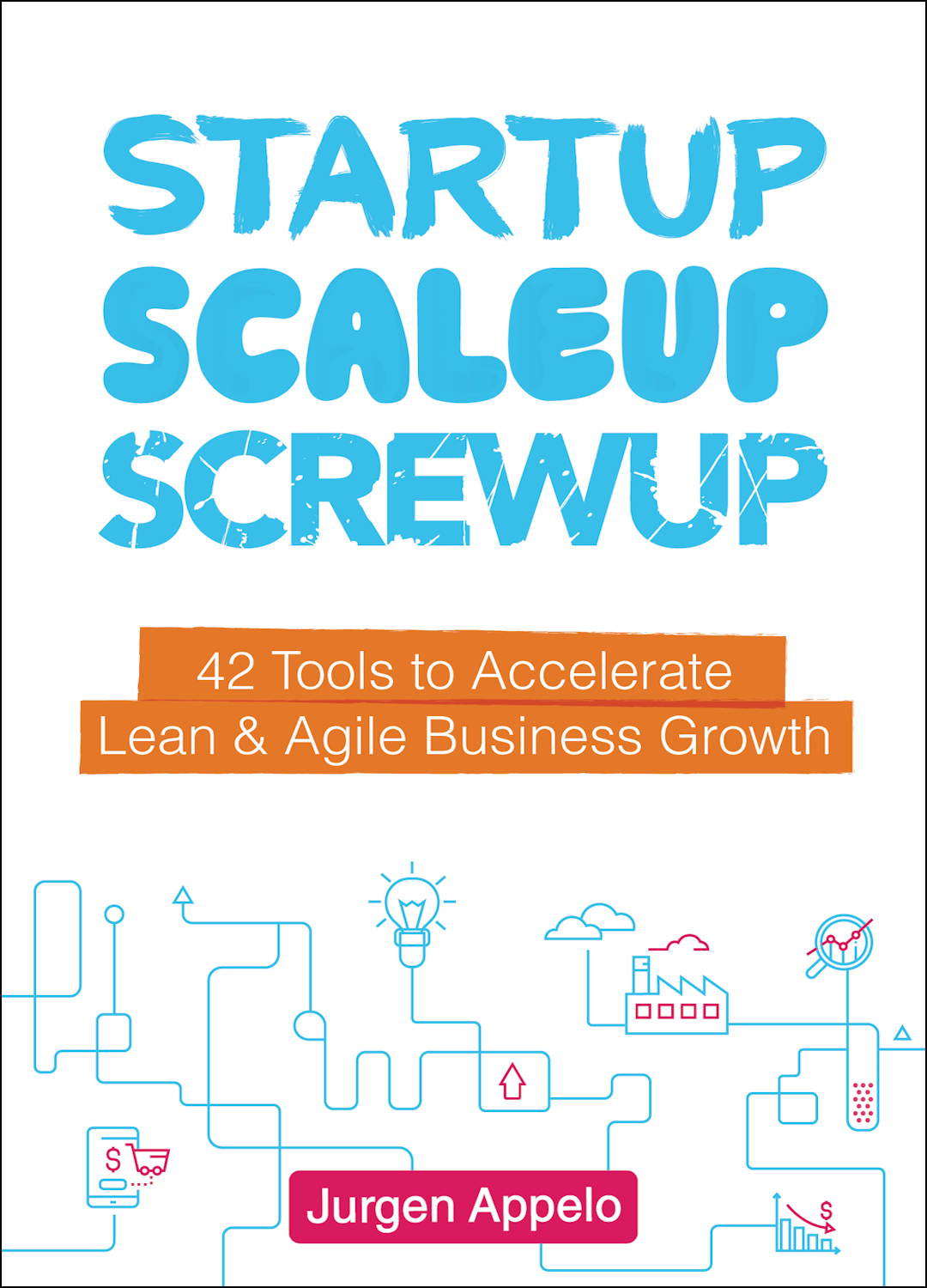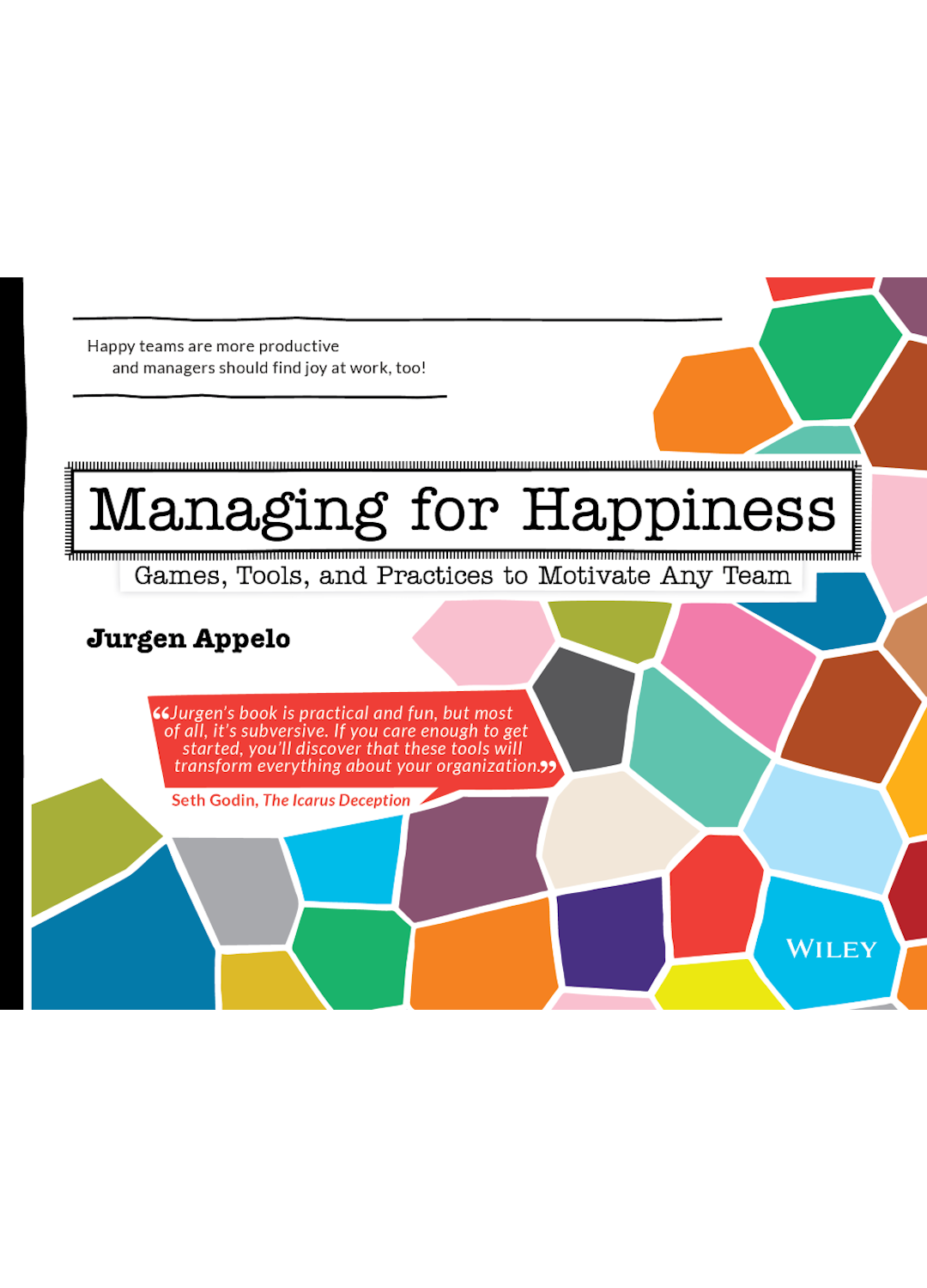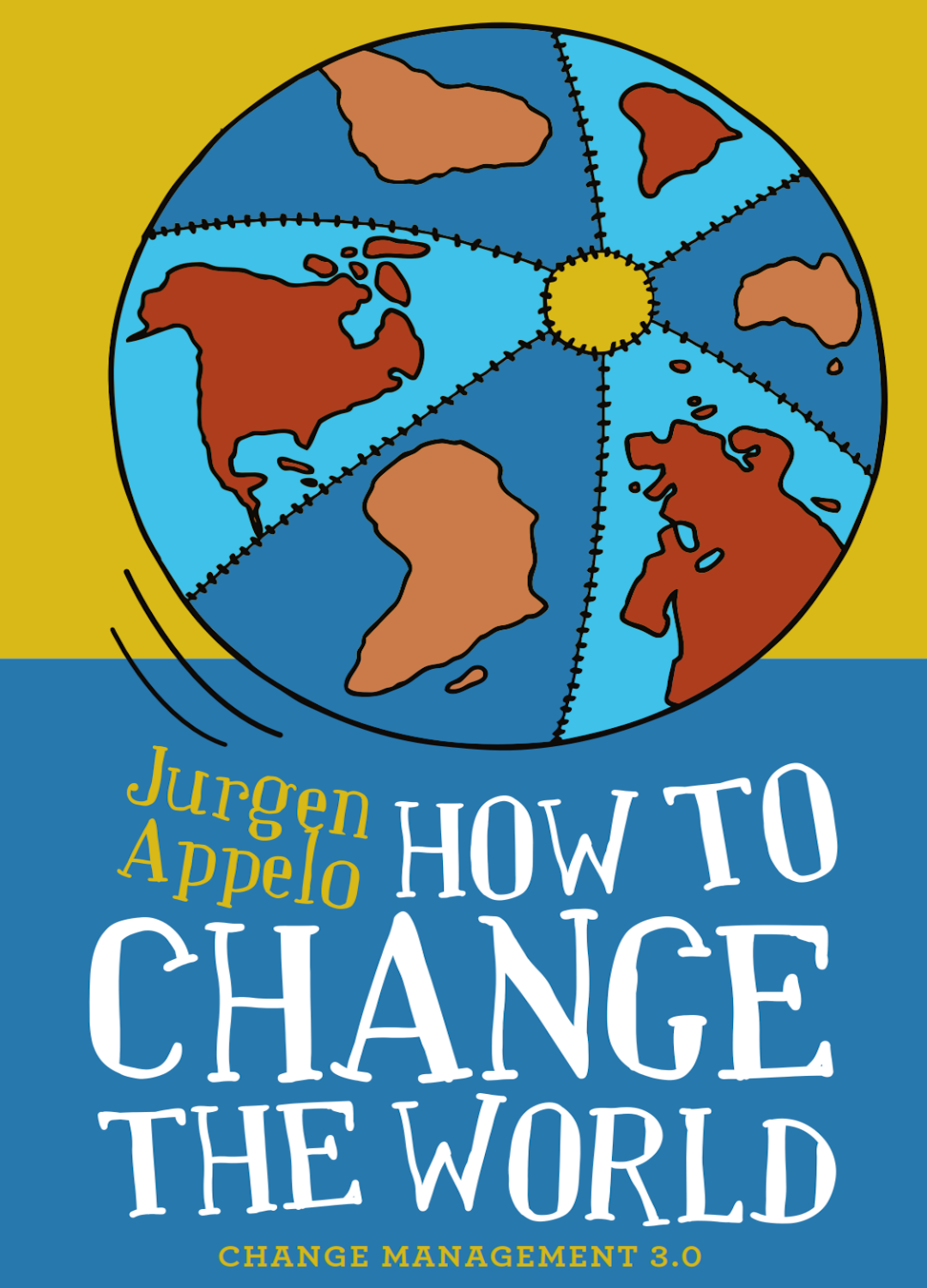No one can do meaningful, intellectually demanding work every waking second. Sometimes, our brain cells demand boredom. We need to cleanse our minds.
I've got this bizarre pet project going on: I'm wading through the unbelievable disaster I've made of my contacts across Substack, LinkedIn, Twitter, Google, and countless other digital dumpsters. My mission is to consolidate tens of thousands of names and email addresses into one sparkling, pristine, properly-tagged repository. Think meticulous librarian meets digital Marie Kondo.
Yes, I know automation exists. I know how to use Make and Zapier. But honestly? A lot of the grunt work involves me squinting at an email address, deciding if it belongs to a human, a corporate entity, or some lifeless app. Then, if it's a human, guessing their first and last name and recalling how the hell we crossed paths. The rhythm is hypnotic: Edit, Copy, Alt-Tab, Paste, Alt-Tab, Cursor Down—repeat until sanity frays.
And guess what?
I like my stupid tasks.
Every day, for about half an hour, I surrender to my Crazy Contacts Cleanup challenge. I set up my environment: italo disco playlist queued, coffee brewed to perfection. Half my brain drones through the repetitive keystrokes, while the other half drifts lazily through forgotten memories, half-buried friendships, disastrous conferences, triumphant webinars, and social media battles waged and occasionally won.
It's idiotic. And I revel in it.
You see, when folks discuss AI in the workplace, they breathlessly advocate automating "mindless" tasks and saving human brilliance for creativity, problem-solving, and those awe-inspiring acts of genius. They suggest that we mere mortals conserve our precious cognitive resources for profound insights and empathetic leadership.
Fine. Great. Absolutely correct.
Except …
I love my boring work. My brain isn’t always eager to unravel existential problems, design pattern libraries, craft colorful models, or explore the next paradigm shift. Sometimes, it longs to meander aimlessly, blissfully unfocused, while my fingers keep dancing: Edit, Copy, Alt-Tab, Paste, Alt-Tab, Cursor Down—like some bizarre, meditative dance.
Research even backs me up. Here’s an excerpt from a Deep Research report that I had Gemini conjure up to make me sound smarter:
A critical dimension of these cognitive modes is their temporal dynamics. Each state has characteristic, albeit variable, durations influenced by a complex interplay of factors, including task nature, cognitive capacity, individual traits, and physiological conditions like circadian rhythms and fatigue. The capacity to sustain any single cognitive state, especially one that's mentally taxing, is finite. Hence, the biological and psychological imperative of breaks, cognitive cycling, and shifting modes to maintain performance and mental health.
Your brain craves dull work and occasional boredom. It's basic mental health.
So, don’t you dare automate all my stupid, beautifully dumb tasks. My gray matter demands downtime. Sure, I could take a stroll through the city, doomscroll on social media, or gaze blankly out the window—and indeed, I do that occasionally, too. But why waste perfectly good downtime when I could accomplish something simultaneously stupid and useful? Why not use repetitive tasks as a mental health exercise? I'm not only cleaning up my database; I'm cleansing my cognitive load as well.
The future of work isn’t just hype or doom. It’s about human-robot-agent collaboration—and those who master that will thrive. I’ll be your guide and skeptical optimist in a rapidly changing world. Subscribe to my Substack and get ahead.
That's why I say, don't give away all my stupid tasks to AI. Leave some of that mindnumbingly idiotic work for me. Allow me to let my fingers continue their mantra: Edit, Copy, Alt-Tab, Paste, Alt-Tab, Cursor Down. I need this.

p.s. There's a lot more to this Deep Research report: stuff about Focused vs. Diffuse Thinking, Task-Unrelated Thoughts (TUT), Attention Schema Theory (AST), Theory of Cognitive Modes, Flow States, and the beloved cognitive odd couple System 1 and System 2. Honestly, if you care so much, download the report yourself (for paying Substack subscribers only). Explaining it here would exhaust my daily quota of focused thought—and I still have thirty thousand contacts left to clean up.

